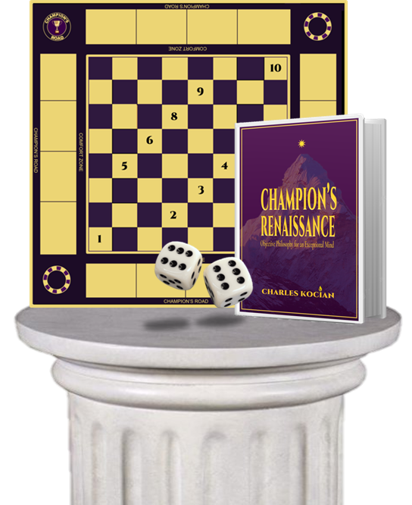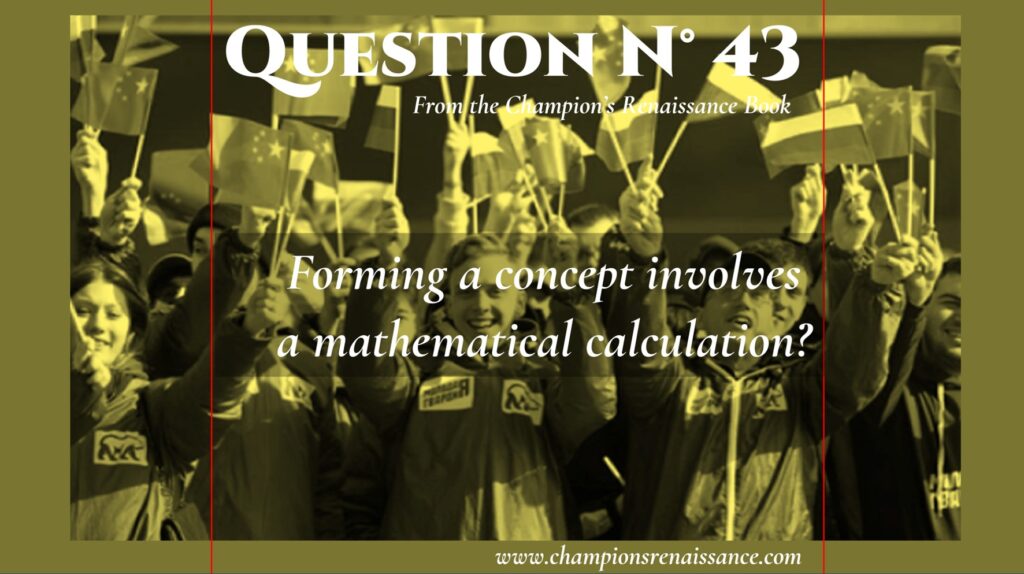
(Answer at the end).
MATHEMATICS
By Charles Kocian
After China, Iran and Saudi Arabia treaty of cooperation was signed in the past weeks, Chinese President Xi Jinping arrived in Moscow in March 20th for talks with President Vladimir Putin.
Since 2006, China and Russia are the founding of BRICS countries (Brazil, Russia, India, China, South-Africa).
They are the fastest and growing countries that will dominate the global economy by 2050. They have an estimated of 41.5% of the global population and 26.7% of the world’s land surface.
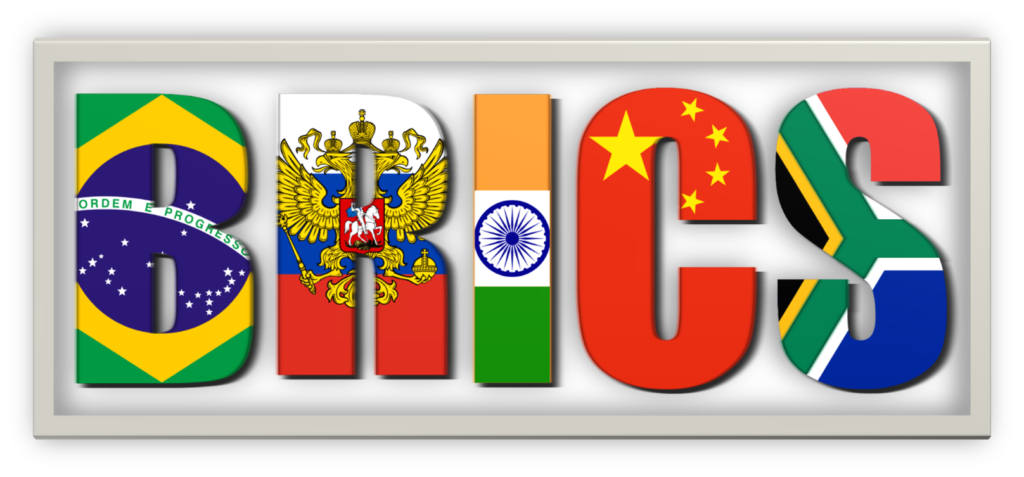
“We have a lot of joint tasks, goals,” Putin told Xi congratulating him on his re-election as head of China for a third 5 years term. Xi in return said “Russia succeeded in promoting prosperity under Putin’s leadership.” Among others topics, they will discuss Xi Jinping negotiating process of peace on Ukraine and other countries who want to enter BRICS.
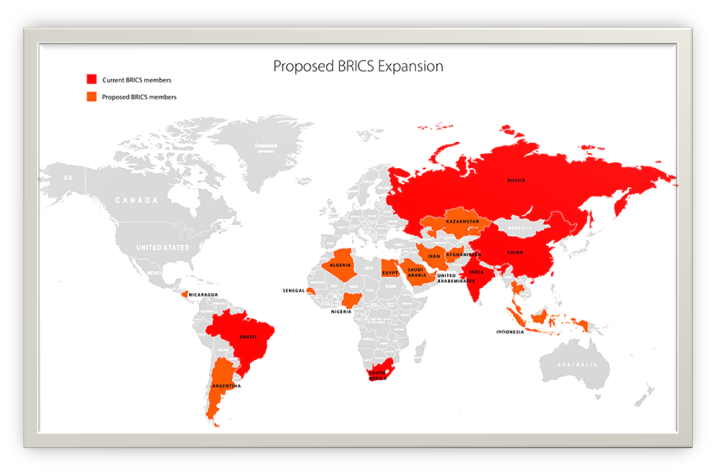
New Candidates of BRICS countries (in orange). Source image: Silk Road Briefing.
Although all people in every country of the world wants peace, stability and free commerce, U.S. says ceasefire in Ukraine is unacceptable, ignoring China’s mediation efforts. Indeed, John Kirby, voice of the Secretary of Defense of U.S. said: “If there’s some sort of call for a ceasefire well that’s just going to be unacceptable”, referring to Xi meeting with Putin.
Obviously, the world is seeing a clash between powers, the same that happened in the wars of the Reformation during the Renaissance, between Catholics and Protestants factions.
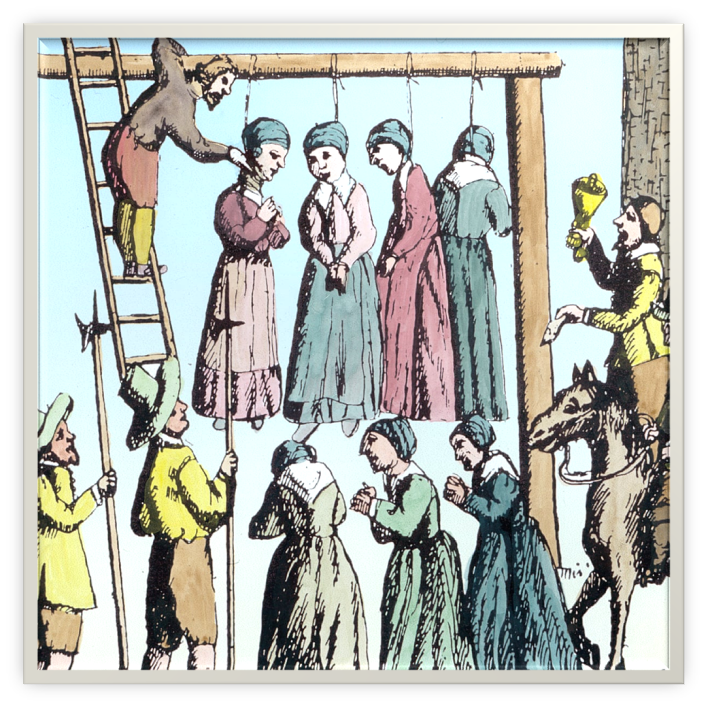
Wars of religion put 40,000 witches to death. Source image: The Guardian.
Catholics, used the clergy as intermediaries between them and God; Protestants, prayer was the direct relationship with God and the Bible the only source of religious authority, so for them, the Pope had no authority.
This transformed Europe into a battlefield of religious wars for the next hundred years, but for the rulers of many little German states, breaking with Rome was a war about power.
It started with The Knights’ Revolt of 1522 and culminated in the Thirty Years’ War, that killed one third of Germany’s population. Also, many other smaller religious wars continued until the 1710s, including the Wars of the Three Kingdoms in the British Isles.
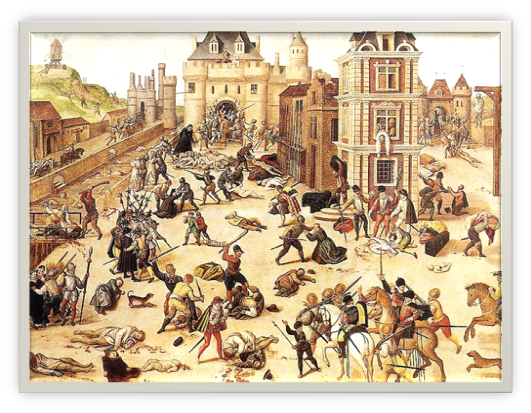
Devastation in Europe Reformation wars. Source image: The Conversation
After millions of deaths, devastated regions and economic ruin, in 1648 a treaty was finally signed, dividing Europe into a Roman Catholic south faction, and a Protestant north, that roughly survives to this day, one recognizing the Pope as an authority, the other not.
In ancient Greece, a shift of power is also seen in the Peloponnesian wars.
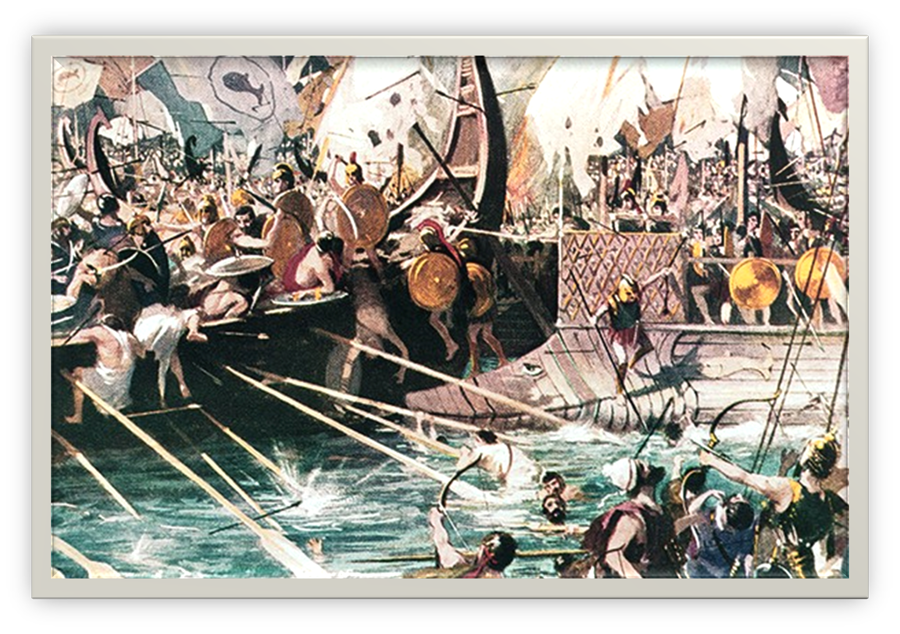
Peloponnesian war. Source image: gettyimages.com. Creator: Bettmann Archive.
Historian Thucydides said: “The growth of the power of Athens, and the alarm which this inspired in Lacedaemon, made war inevitable.” Athens was the major power in the Mediterranean world, becoming an empire who dominated other city-states, except Sparta and its allies. Spartans wanted to replace the Athenian Empire with a Spartan empire. After Spartans won the war, Athens was ruled by Thirty Tyrants oligarchs, but in 403 BC they were overthrown and a democracy was restored by Thrasybulus.
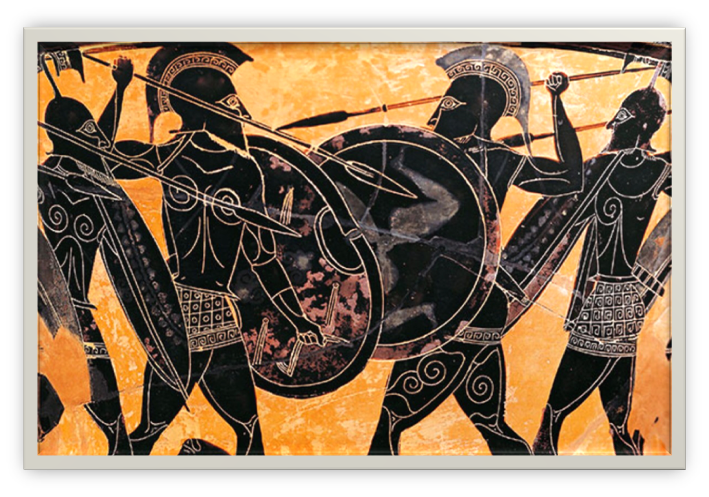
Peloponnesian war. Source image: The Strategy Bridge.
Spartans broke Athens’s hegemony but decades later in 331 BC, all the Greeks were subjugated by a student of Aristotle: Alexander the Great.
Alexander the Great’s legacy is reaching and profound. First, his father united the Greek city-states, then he destroyed the Persian Empire forever, and his conquests spread Greek culture, Aristotle reason and logic across his empire. Its famous city was Alexandria of Egypt.

Alexandria, founded by Alexander the Great. Source Image: The Collector
CONCLUSION
Accordingly to Aristotle, man is a rational animal that cannot think without words. A word is a concept. If concepts don’t derive from reality, then any logic conclusion is null, because they don’t stand on precise accurate concepts. Therefore, to think properly, man needs to learn how concepts are formed in its mind, and for that he needs to study epistemology. Epistemology study how a concept identifies the characteristics of a group of things they have it, but omits their particular measurements, being that a mathematical indirect calculation.
Now answer to question 43.
QUESTION N° 43
Forming a concept involves a mathematical calculation.
a) True
b) False
The answer is: True, because identifies the characteristic of a group of things they have it, but omits their particular measurements.
Leave your commens here.
